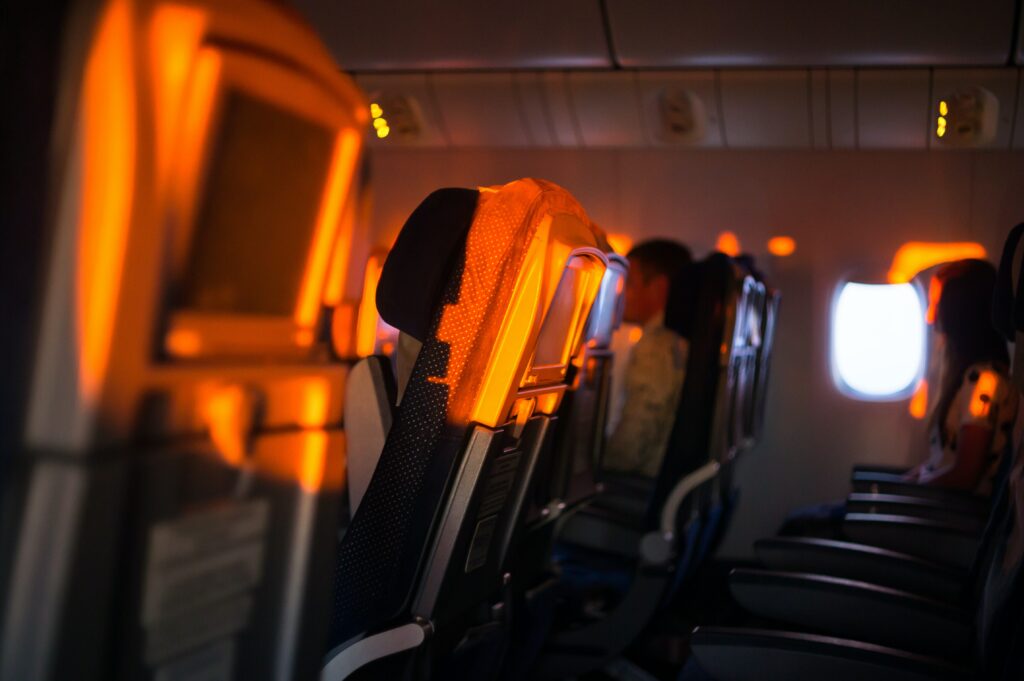WORLD’S FIRST NET ZERO TRANSATLANTIC FLIGHT COULD TAKE TO THE SKIES IN 2023
The first ever net zero transatlantic flight could be delivered by the UK government and industry as early as next year, ushering in a new era of guilt free flying in the coming decades.
Expected to take off in 2023, the pioneering flight will be undertaken by an aircraft powered by 100% sustainable aviation fuel.
The ambitious challenge was announced by British Transport Secretary Grant Shapps during his visit to the United States. He met with airline executives and invited the international sector to work closely with the UK to deliver the demonstrator flight in 2023. This project could pave the way for net zero transatlantic flights, and many more, that are powered solely by low-carbon fuel.
The announcement on Saturday demonstrates a commitment to drive forward the sustainable aviation fuel industry. This has the potential to deliver significant carbon savings, improve domestic fuel security, support thousands of green jobs and put flying on a more sustainable path.
Industry estimates suggest that a UK sustainable aviation fuel (SAF) industry could support up to 5,200 UK jobs directly, as well as a further 13,600 through global exports. Furthermore, its annual turnover could reach £2.3 billion by 2040, according to estimates.
The new net zero transatlantic flight initiative has come out of the Jet Zero Council, a partnership between industry and government that aims to deliver new technologies and innovative ways to cut aviation emissions while supporting the UK economy.
Net zero transatlantic flights, how it works
Saturday’s announcement is an important part of plans to reduce emissions from aviation to net zero. Currently one of the highest single emitters of greenhouse gases, aviation is one of the biggest challenges when it comes to making transport ‘green’. But the investment and innovations, such as SAF, are there to make guilt-free flying a reality.
The fuel is made from waste materials such as household waste or used cooking oil. It offers greenhouse gas emissions savings of more than 70% compared to conventional fossil jet fuel when fully replacing kerosene. When combined with greenhouse gas removals, 100% SAF will enable the delivery of a net zero flight.
“This trailblazing net zero emissions transatlantic flight, a world first, will demonstrate the vital role that sustainable aviation fuel can play in decarbonising aviation in line with our ambitious net zero targets,” British Transport Secretary Grant Shapps said.
“That’s not just great news for the environment, it’s great news for passengers who will be able to visit the Big Apple without increasing damaging greenhouse gas emissions.”

Current jet fuel specifications do not allow flights to use 100% SAF, meaning SAF use needs to be complemented by additional decarbonisation measures to be fully net zero. The UK government is committed to accelerating the testing and approval of 100% SAF to unlock the full decarbonisation potential of this technology.
Delivering the net zero transatlantic flight would help to gather the data needed to support ongoing and future work to test and certify sustainable aviation fuel while exploring how engine efficiency improvements, flight optimisation and greenhouse gas removals can contribute to achieving net-zero flights.
Tim Alderslade, chief executive of Airlines UK, said: “We now need to turbocharge production in order to build the initial 3 SAF plants by 2025 and UK airlines have shown real commitment to making this happen with our partnerships with Philipps 66, Velocys and LanzaTech.”
Fuel specifications are not the only barrier preventing a higher uptake of SAF. High fuel production costs, technology risk at commercial scale and feedstocks availability are some of the challenges that government and industry are jointly working to overcome in order to build a thriving domestic SAF sector.
To do so, the government is exploring a SAF mandate and is supporting the UK SAF industry with £180 million of funding over the next three years.
Warren East, CEO of Rolls-Royce plc, said: “Just over 100 years ago, Rolls-Royce powered the first ever transatlantic flight and now we have the innovation and expertise to power the next generation of sustainable aircraft.
“This is an exciting and ambitious challenge, which Rolls-Royce is ready to support having successfully tested our large commercial aero engines on 100% sustainable aviation fuel over the last year.”
